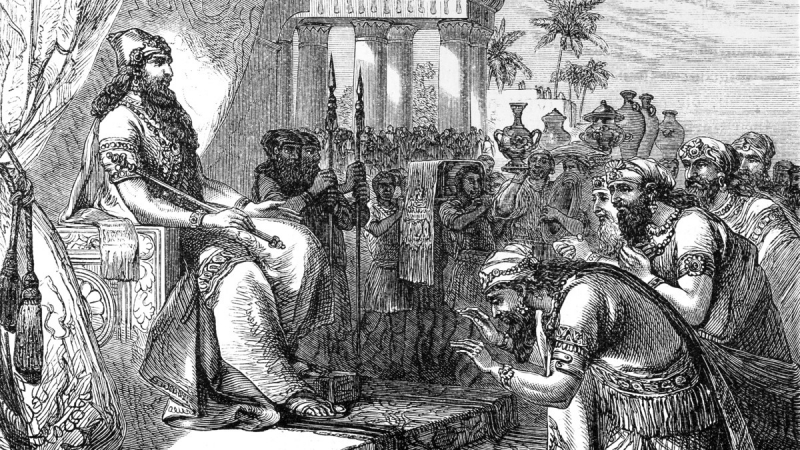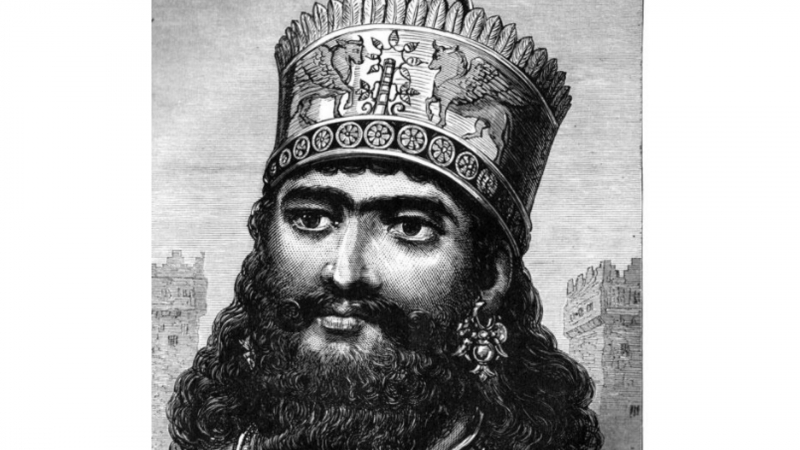The Inauguration Of Hammurabi
The Inauguration of Hammnurabi is considered as one of the most important events in ancient Babylonia. After the passing of his father, Sin-Muballit, Hammurabi, who had been nurtured as the kingdom's crown prince, was crowned as king at the age of 18, he was born. Around 1792 B.C., he was crowned king of Babylon. He was a skilled administrator who respected the customs of Sumer, Akkad, and the other lands he conquered. He had the ability to be ruthless toward foes, razing cities that disobeyed him. By creating a set of laws or legal precedents that were applicable to all of his subjects, he nevertheless also contributed to the cohesion and stability of his empire.
The kingdom of Babylonia was small and undeveloped when Hammurabi was crowned king. It was under threat from other, more powerful kingdoms on all four sides. The youthful king, however, was undeterred and had plans to strengthen the nation. He started by emphasizing the internal organization of the kingdom. Hammurabi was aware that he would not be able to find friends from without if there were internal strife. He added a new irrigation system and strengthened the city's infrastructure; these early advancements signaled a turning point for Babylonia and the beginning of a new age.
The importance of Hammurabi in Mesopotamian history has long been overstated. It was first founded on the finding of his laws, but further discoveries of older, less comprehensive sets of rules have resulted in a less fervent opinion. Furthermore, rather than serving as evidence for direct dependence, the commonly highlighted similarity between the laws of Hammurabi and the Mosaic law is now viewed as part of a shared history.











